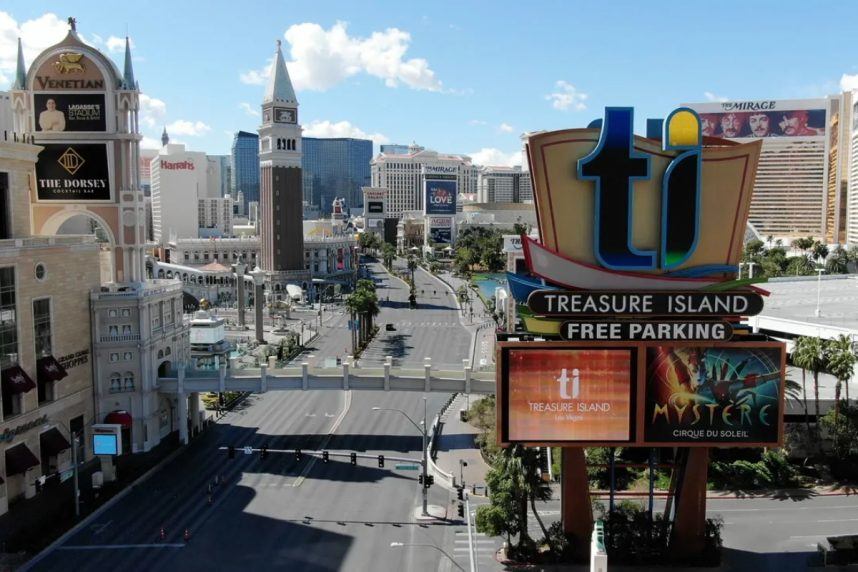Date: December 5, 2024, 03:28h.
Last updated: December 5, 2024, 03:28h.
Treasure Island on the Las Vegas Strip has been unsuccessful in its lawsuit to receive financial compensation from its property insurer related to the impact of the COVID-19 pandemic.

Cristina Silva, a federal judge in Nevada’s U.S. District Court appointed to the bench by President Joe Biden, on Nov. 27, 2024, ruled in favor of Treasure Island’s property insurer, Affiliated FM Insurance Company, in the lawsuit that was initiated in May 2020.
Legal representatives for Treasure Island contended that the property insurance policy covered “Communicable Disease.” The resort’s complaint outlined that the policy stated it would cover costs for cleaning, removal, and disposal of communicable diseases from the insured property.
Affiliated FM Insurance Company refused to make payments, arguing that the coverage required actual physical damage to the property as a result of contamination.
Steve Sisolak, the former Governor of Nevada, ordered the closure of all casinos from March 17, 2020, to June 4, 2020. Treasure Island is owned by billionaire Phil Ruffin, who is a close associate of former President Donald Trump.
No Compensation for Treasure Island
In April, U.S. District Court Judge James Mahan determined that the complaint from Treasure Island had sufficient grounds to proceed to a jury trial. Affiliated FM Insurance Company appealed, leading the case to Silva.
Treasure Island’s legal team argued that Sisolak’s business shutdown order to contain the spread of the coronavirus justified coverage under the “Communicable Disease” provision. However, Silva’s analysis of the contract language did not support this argument.
In her ruling for Affiliated FM, Silva referenced the contamination exclusion clause, which stated: “Only physical damage caused by contamination resulting directly from other physical damage not excluded by this Policy may be covered.”
In simple terms, Silva clarified that the policy only covered claims for physical damage caused by contaminants.
Silva pointed to a Nevada Supreme Court case, Starr Surplus Lines Ins. Co. v. Eighth Judicial Dist. Ct., where the court unanimously rejected claims that the COVID-19 virus altered the property and upheld that property insurers are not liable for COVID-19 claims unless physical harm to the property is proven.
Treasure Island presented arguments similar to those previously rejected, claiming that the presence of the COVID-19 virus made the property unfit for habitation and led to a loss of property use,” Silva wrote. “However, Treasure Island failed to demonstrate tangible harm or direct physical damage.
Silva concluded that the outcome of the Starr Surplus case invalidated Treasure Island’s breach of contract claims.
Victory for Insurers
In numerous COVID-19 property insurance cases, property insurers emerged victorious, with judges reaching conclusions similar to Silva’s that the virus did not cause physical damage. Other casino operators, including MGM Resorts, Caesars Entertainment, Mohegan, and Cordish Companies, also failed in their attempts to sue their insurers.
Only tribal resorts saw success in receiving financial damages in two cases. Foxwoods in Connecticut was awarded $2 million for COVID-19-related costs, and the Snoqualmie Indian Tribe in Washington received $100K for losses incurred at its properties.
Foxwoods was seeking $76 million, while the Snoqualmie Indian Tribe aimed for $150 million, but their settlements were far lower.
Overall, property insurers prevailed in most COVID-19 property insurance disputes, highlighting the challenges in proving physical harm or damage caused by the pandemic.


